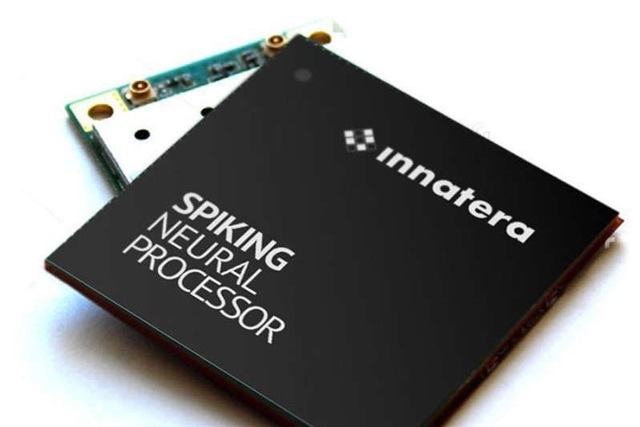Innatera, the trailblazer in ultra-low power neuromorphic processors, has announced the successful closure of an oversubscribed Series A funding round, attracting a cumulative $21 million. This substantial investment includes the initial $16 million secured in March 2024 and an additional $5 million from new investors. Leading this round were Innavest and InvestNL, joining existing investors EIC Fund, MIG Capital, Matterwave Ventures, and Delft Enterprises.
The company’s CEO, Sumeet Kumar, expressed his excitement over the strong investor support, highlighting the revolutionary potential of Innatera’s neuromorphic processors. “We’re thrilled by the overwhelming support from investors, which underscores the immense potential of our neuromorphic processors. Innatera’s latest offering is radical in terms of its architecture and its efficiency, yet it only scratches the surface of what neuromorphic computing can do for edge applications. I’m excited by the opportunities ahead of us, and the work we’ll be doing to leverage the full potential of this technology together with our customers and strategic partners. This Series A funding will accelerate our journey towards mass production and enable us to meet the burgeoning demand for energy-efficient computing solutions.” Kumar stated. The funds will accelerate Innatera’s journey towards mass production, aiming to meet the growing demand for energy-efficient computing solutions and bringing intelligence to a billion devices by 2030.
Innatera’s flagship product, the Spiking Neural Processor T1, introduced in January 2024, represents a significant advancement in energy-efficient AI for sensor-edge applications. This processor integrates a proprietary event-driven computing engine with a conventional CNN accelerator and RISC-V CPU, creating a versatile platform for ultra-low power AI in battery-powered devices. The T1 processor has demonstrated its capabilities across various applications, including wearables, smart home devices, and consumer electronics.
The demand for differentiated, energy-efficient AI solutions at the edge is growing rapidly, driven by the expanding sensors market and environmental sustainability concerns. Innatera’s approach addresses these needs by offering an innovative analog-mixed signal neuromorphic architecture. This architecture enables real-time analysis of sensor data with minimal power dissipation and latency, making it ideal for always-on scenarios.
The Series A funding will also support the company’s goal of initiating high-volume production of the Spiking Neural Processor T1 by Q2 2025. This advancement is crucial as vendors develop true edge AI applications independent of the cloud, driven by power constraints, privacy, and latency concerns.
Kjelle Blom, managing partner of Innavest, praised Innatera’s impressive track record and the potential of its neuromorphic technology. “Innatera’s track-record is impressive – remarkable capital-efficiency, a fantastic team, and a product with the potential to touch every aspect of our lives. Innavest is excited to be able to bring in our strategic expertise and network to help Innatera’s mission,” Blom said.
Further bolstering its growth, Innatera has appointed Duco Pasmooij, former VP at Apple, to its advisory board. Pasmooij emphasized the importance of silicon innovations like the Spiking Neural Processor T1 for unlocking value in the consumer electronics space, expressing his enthusiasm to advise Innatera’s executive team.
Born from a decade of research at Delft University of Technology, Innatera pioneers energy-efficient neuromorphic computing. The company is dedicated to making the world smarter, safer, and cleaner through its innovative microprocessors that bring brain-like intelligence to sensors. Backed by leading European deeptech VCs Matterwave Ventures, MIG Capital, European Innovation Council, and Delft Enterprises, Innatera is on a mission to make a billion sensors intelligent by 2030.
Innatera’s Spiking Neural Processor family offers ultra-low power, high-performance pattern recognition at the sensor edge, enabling real-time analysis of sensor data with sub-milliwatt power dissipation and sub-millisecond latency. This technology is essential for pervasive sensing tasks in applications such as audio interfaces, touch-free interfaces, presence detection, activity recognition, and ECG signal processing.
The company’s vision extends beyond technological innovation, focusing on creating a seamless integration of electronic devices into daily life. Innatera believes in the power of technology to solve pressing challenges related to climate, safety, and accessibility, guided by a strong set of values that emphasize innovation, customer value, growth mindset, care for people, teamwork, and competitiveness.
For more information on Innatera’s groundbreaking technology, visit innatera.com.



